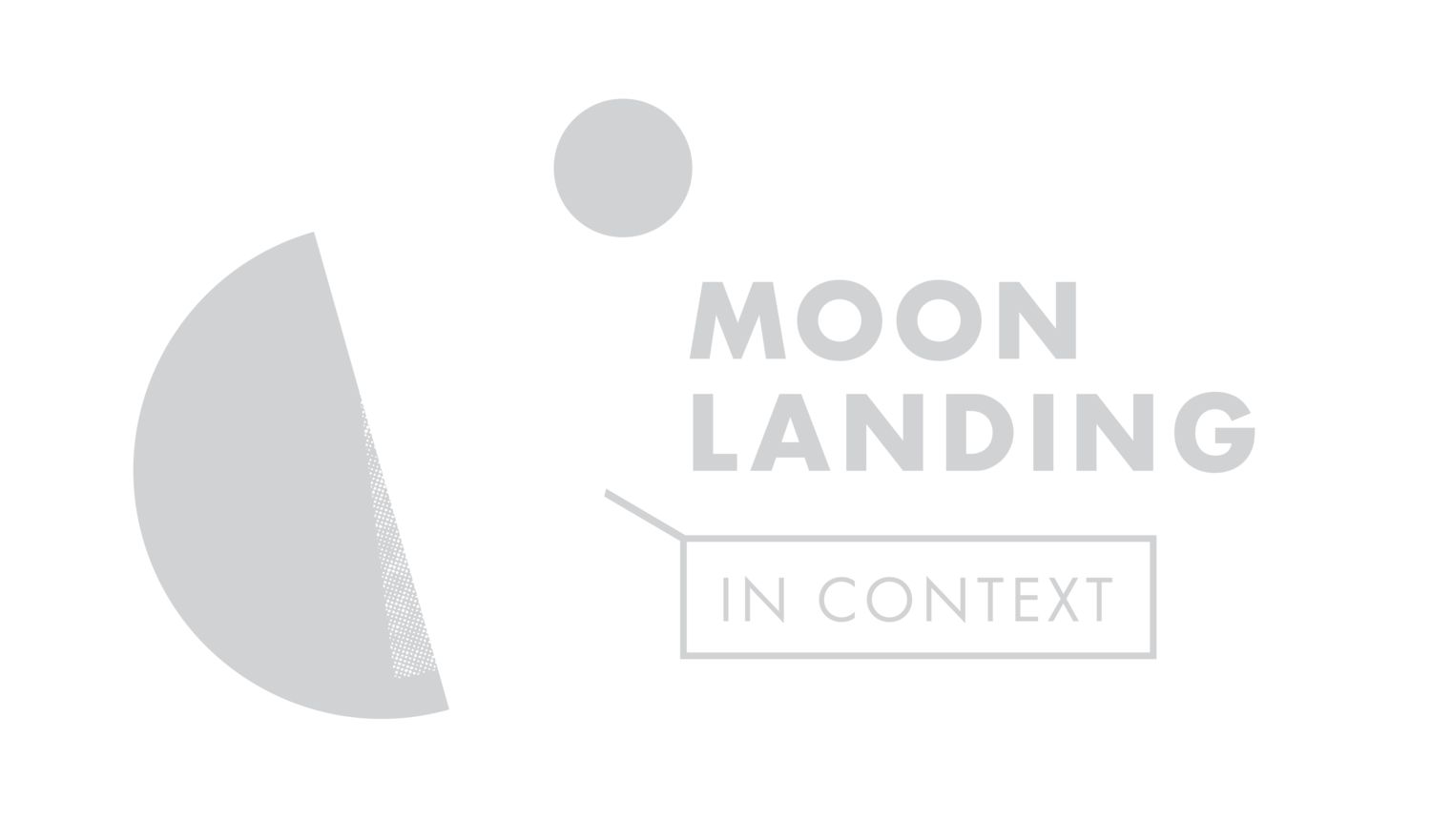Dr. Teasel Muir-Harmony, Smithsonian's National Air and Space Museum
What was the political and foreign policy significance of the Apollo program, and what is its enduring legacy? We often remember Project Apollo as a feat of science and engineering but from the very start it was part of a broader geopolitical strategy to build alliances, win “hearts and minds,” and secure superpower status in the Cold War. This presentation traces the politics of Project Apollo, from President John F. Kennedy’s call in 1961 to win the battle “between freedom and tyranny” with lunar exploration, to President Richard Nixon’s “Moonglow” diplomatic tour of southeast Asia in 1969, and considers how Apollo-era space diplomacy should inform space policy today.
Sponsored by: Framingham State University Arts & Ideas Program
Dr. Teasel Muir-Harmony is a historian of science and technology and curator of the Apollo Collection at the Smithsonian National Air and Space Museum. After earning her Ph.D. from MIT in the History of Science and Technology, she was historian at the American Institute of Physics. Muir-Harmony’s current research focuses on the history of space diplomacy, examining how Project Apollo shaped and mediated the United States’ role on the global stage. She is the author of, Apollo to the Moon: A History in 50 Objects (National Geographic, 2018), and has written on the history of science diplomacy, the material culture of spaceflight, and the political history of space exploration. She serves on the Smithsonian exhibit committees for Destination Moon and One World Connected, and is the historical advisor for a six-part television series on Project Apollo. In addition, Muir-Harmony co-organizes the Space Policy & History Forum and teaches in Georgetown University’s Science, Technology and International Affairs program.

